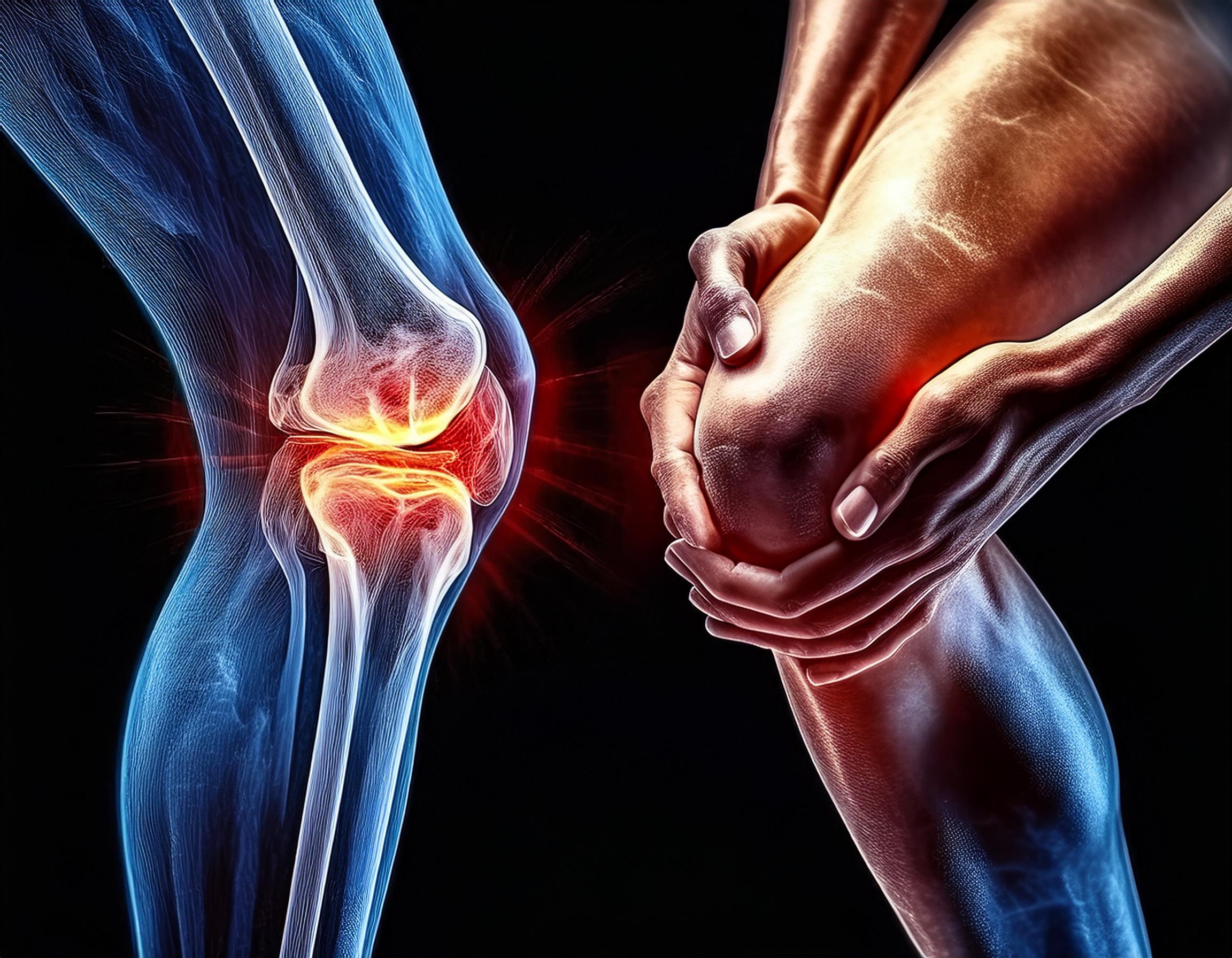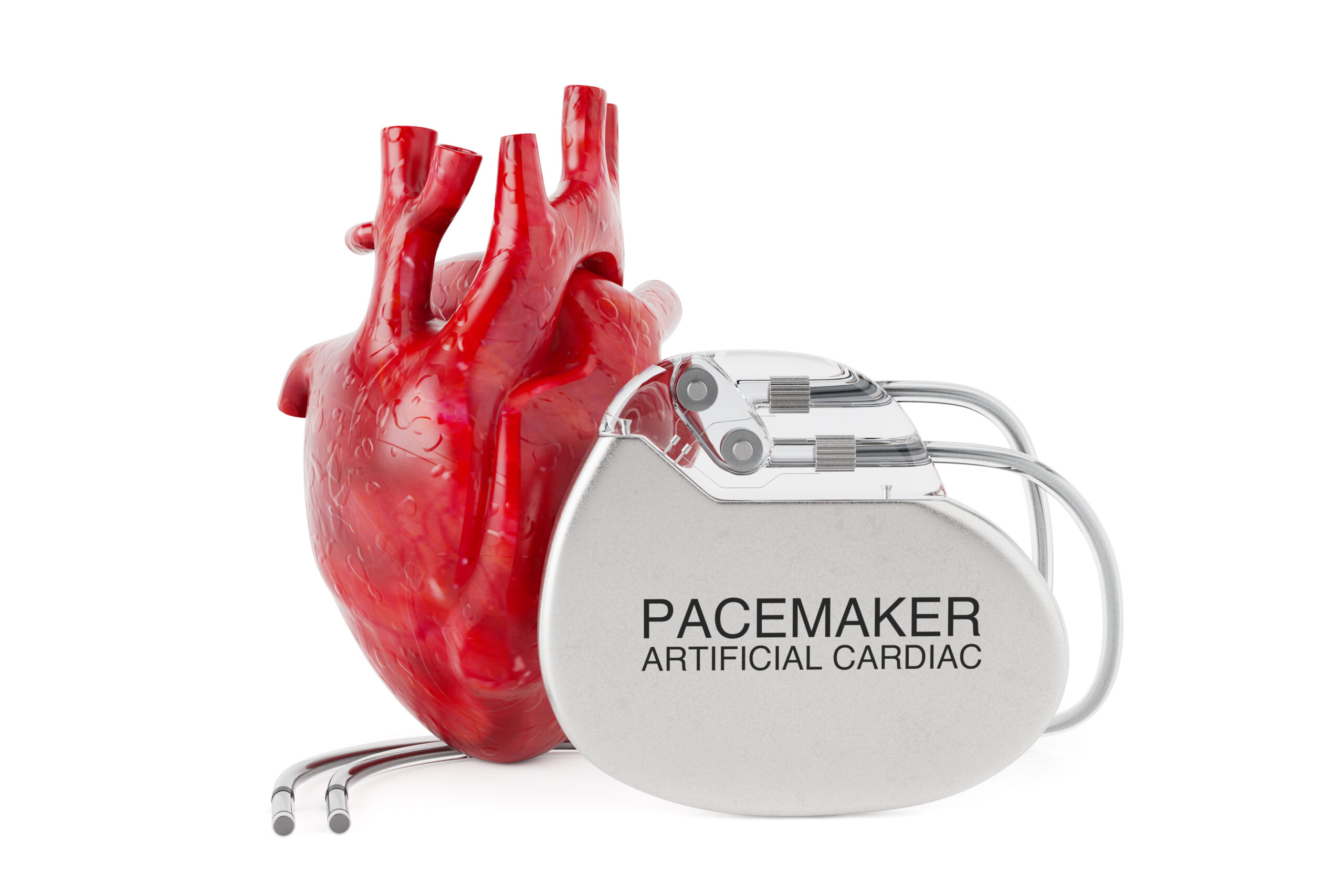Building Community Resiliency through Horticultural Innovation
Original Article Reference
This SciPod is a summary of the paper:
https://doi.org/10.33548/SCIENTIA601
Share Episode
About this episode
Food insecurity directly impacts a third of the world’s population and perpetuates a cycle of hunger and malnutrition that is inherited through generations. Previous relief efforts have largely been donor-focused, providing only temporary solutions. To break the cycle of food insecurity, poverty, and hunger, relief efforts must empower communities and facilitate real transformative changes. Professor James Simon of Rutgers University and colleagues have developed a transferable horticulture model that builds upon local ecosystem knowledge and cultural infrastructures while embedding science-driven, market-first, and value chain methodologies. Introduced into several countries in sub-Saharan Africa, the model includes agribusiness and technical skills training to strengthen the participation of farmers and local entrepreneurs, particularly women and youth, in profitable value chains. Using this novel approach, the Rutgers team and their African colleagues have successfully demonstrated how horticulture can contribute to a real reduction in poverty and malnutrition, while fostering job creation, pride and creativity.
This work is licensed under a Creative Commons Attribution 4.0 International License. 
What does this mean?
Share: You can copy and redistribute the material in any medium or format
Adapt: You can change, and build upon the material for any purpose, even commercially.
Credit: You must give appropriate credit, provide a link to the license, and indicate if changes were made.
More episodes
Dr. Beate Hoppe | Revealing the Secrets of Fish Health: Improving Research on Aging
The African turquoise killifish, also called Nothobranchius furzeri, is a small, vibrant freshwater species that is making a big splash in aging research. With our aging populations, research into aging and the mechanisms underlying age-related health issues is increasingly important. Scientists in this valuable field prize the killifish because it has a significantly short lifespan at just six to twelve months, making it an ideal model to study age-related diseases. However, as research on this species grows, so does the need for better care and monitoring of their health. In fact, distinguishing between the natural effects of aging and other health issues in these fish, such as pathogens or disease, is crucial in accurately researching age-related phenomena. Moreover, identifying health issues in laboratory fish could help researchers to better maintain health in their fish stocks, improving both experimental results and animal welfare. This is where Dr. Beate Hoppe and her colleagues at the Leibniz Institute on Aging at the Fritz Lipmann Institute, Jena, Germany, step in, pioneering a comprehensive approach to monitoring and managing killifish health that could revolutionize laboratory fish research.
Dr. Ndukaku Omelu | Sustaining Colorectal Cancer Screening in an Uncertain Funding Landscape
Colorectal cancer is a significant health challenge, and ranks as the second leading cause of cancer-related death and the third most common type of cancer in the United States, among men and women combined. Each year, over 52,000 people in the U.S. die from colorectal cancer, with more than 5,300 deaths occurring in California alone. While early detection of colorectal cancer through screening can significantly reduce both its incidence and mortality, ensuring that screening programs remain effective and sustainable is no small feat, particularly in the face of uncertain funding. This pressing issue is at the heart of recent research conducted by Dr. Ndukaku Omelu of the California Department of Public Health, and colleagues, who examined the sustainability of colorectal cancer screening strategies implemented through the California Colon Cancer Control Program (or C4P for short), with a particular focus on how these screening programs would fare in the absence of future C4P funding, a program funded by the Centers for Disease Control and Prevention (or CDC for short).
Dr. Marina Danalache | From Shield to Shreds: Enzymes and the Breakdown of Cartilage Cocoons in Osteoarthritis
Friction is no fun, and moving our joints freely and without pain requires that it is minimised as much as possible. Cartilage is the cushiony, slippery and translucent tissue that lines the ends of our long bones and acts as a lubricating layer within our joints to make their movements smooth and effortless, or at least that’s the theory. For millions of people, ease of joint movement is painfully disrupted by osteoarthritis, a condition that gradually and progressively erodes this protective and functional cartilage layer and leads to pain, stiffness, and reduced mobility. No fun at all. The work of Dr. Marina Danalache of the Department of Orthopedic Surgery at the University Hospital of Tübingen, Germany, and her colleagues sheds new light on how this cartilage breakdown begins and proceeds. Meet matrix metalloproteinase enzymes (or MMPs for short): master regulators of cartilage remodelling, balancing renewal and destruction. In osteoarthritis, this equilibrium shifts – the researchers are decoding their precise roles aiming to unlock targeted interventions and transformative therapies.
Professor William Heddle | Reducing the Hidden Risks of Life-Saving Heart Devices
Each year, thousands of Australians undergo a procedure to have a cardiac device implanted. These devices, such as pacemakers and defibrillators, help to regulate the heartbeat. Such cardiac implantable electronic devices (or CIEDs for short) are vital for many patients, ensuring that their hearts function properly and preventing life-threatening conditions. However, as Professor William Heddle of Flinders University, Adelaide, Australia, a leading expert in cardiology, points out in a recent Editorial article in the Medical Journal of Australia, these procedures are not without risks, particularly the risk of infection. Prof. Heddle’s Editorial primarily focuses on a recent study conducted in New South Wales, Australia, which sheds light on the factors that increase the risk of CIED-related infections and offers insights into how these risks can be minimized.
Increase the impact of your research
• Good science communication helps people make informed decisions and motivates them to take appropriate and affirmative action.
• Good science communication encourages everyday people to be scientifically literate so that they can analyse the integrity and legitimacy of information.
• Good science communication encourages people into STEM-related fields of study and employment.
• Good public science communication fosters a community around research that includes both members of the public, policymakers and scientists.
• In a recent survey, 75% of people suggested they would prefer to listen to an interesting story than read it.

Step 1 Upload your science paper
Step 2 SciPod script written
Step 3 Voice audio recorded
Step 4 SciPod published




